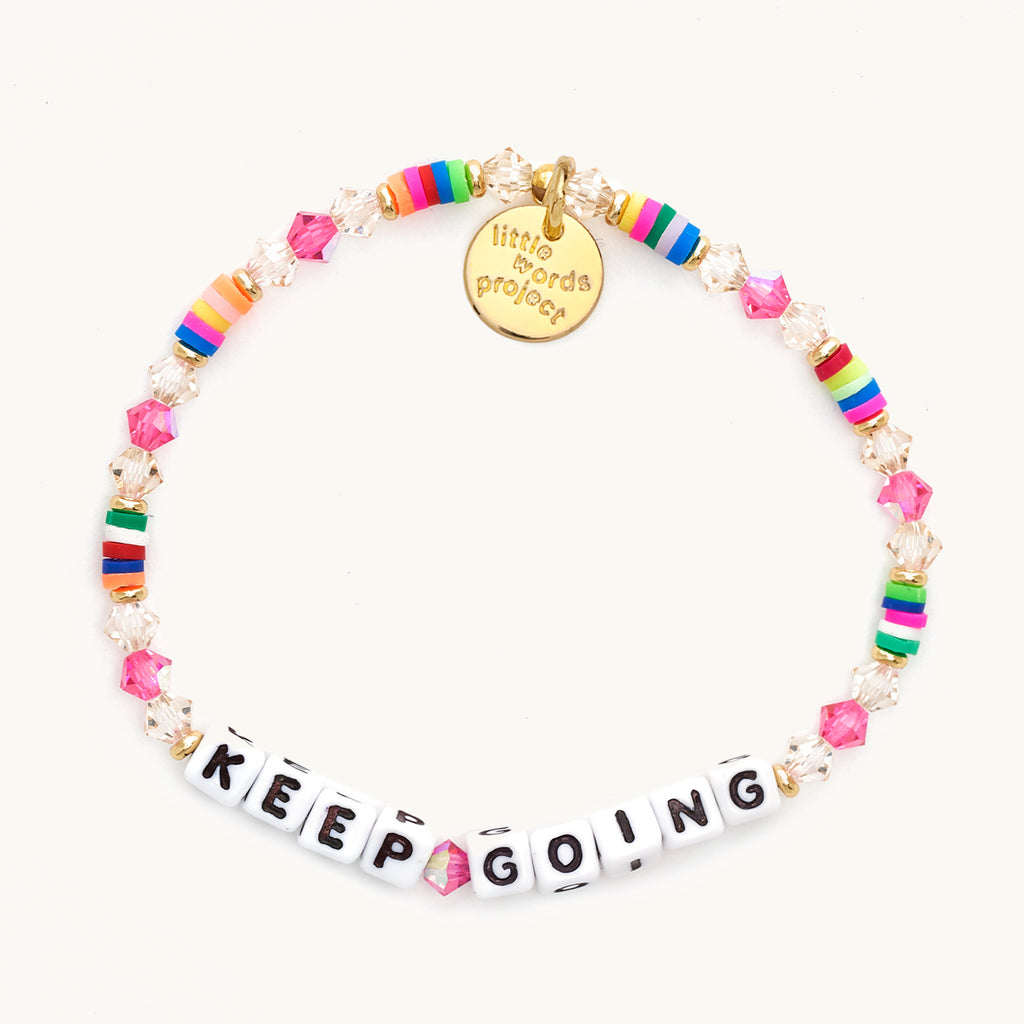
Limiting beliefs are negative beliefs that we hold about ourselves, others, and the world around us. They are often formed early in life and are reinforced over time through repetition and self-talk. These beliefs can be deeply ingrained and can have a significant impact on our behavior, mindset, and overall quality of life.
What are limiting beliefs?
Limiting beliefs are beliefs that hold us back from reaching our full potential. They are often rooted in fear, doubt, and a lack of confidence. Common examples of limiting beliefs include:
Browse our Affiliate Products
- “I’m not smart enough to do that.”
- “I don’t have enough experience to succeed.”
- “I’m not attractive enough to be loved.”
- “I’ll never be able to afford that.”
- “I’m too old to learn something new.”
While you can constantly tell yourself these limiting beliefs, you can also change them to positive affirmations, for example, instead of…
- “I’m not smart enough to do that.”, change to “I’m am smart enough to do that.”
- “I don’t have enough experience to succeed.” change to “I have enough experience to succeed.”
- and so on.
These beliefs are self-imposed limitations that prevent us from achieving our goals and pursuing our dreams. They can be especially damaging because they are often subconscious, and we may not even be aware that we hold these beliefs.
Basically, when we repeatedly tell ourselves negative affirmations, we begin to believe them. This is because we’ve trained our subconscious to make them seem true through emotions. Our subconscious doesn’t judge whether something is true or not, it just responds to our feelings. So, it’s important to be mindful of our thoughts.
How are limiting beliefs formed?

Limiting beliefs are often formed early in life through our experiences and interactions with others. Here are a few common ways in which limiting beliefs are formed:
Influence of childhood experiences and upbringing
Our childhood experiences and upbringing play a significant role in shaping our beliefs about ourselves and the world around us. For example, if a child is repeatedly told that they are not good enough or smart enough, they may internalize these beliefs and carry them into adulthood. Similarly, if a child grows up in a household where money is scarce, they may develop a belief that they will never be able to afford the things they want.
Social conditioning and cultural norms
We are constantly bombarded with messages from society and the media about what is considered desirable or acceptable. These messages can shape our beliefs about ourselves and our place in the world. For example, if we are told that beauty is only skin deep, we may develop a belief that our worth is based on our physical appearance.
Traumatic events and negative experiences
Traumatic events and negative experiences can also shape our beliefs about ourselves and the world around us. For example, if someone experiences a traumatic event, such as a car accident, they may develop a belief that the world is a dangerous place. Similarly, if someone experiences a series of negative events, such as a string of failed relationships or job rejections, they may develop a belief that they are unlovable or not good enough.
Reinforcement through repetition and self-talk
Finally, limiting beliefs can be reinforced over time through repetition and self-talk. If we repeatedly tell ourselves that we are not good enough, smart enough, or capable enough, we may begin to believe these things are true. Similarly, if we surround ourselves with people who reinforce these negative beliefs, it can be difficult to break free from them.
The impact of limiting beliefs
Limiting beliefs can have a significant impact on our lives, often creating barriers to personal growth and achievement. Here are a few ways in which limiting beliefs can impact us:
Barriers to personal growth and achievement
Limiting beliefs can prevent us from pursuing our goals and dreams. If we believe that we are not smart enough or capable enough, we may not even try to pursue the things we want in life. This can lead to a lack of personal growth and a sense of unfulfillment.
Self-sabotage
Limiting beliefs can also lead to self-sabotage. If we believe that we are not worthy of love, for example, we may push away potential partners or sabotage our relationships. Similarly, if we believe that we are not good enough to succeed, we may procrastinate or make excuses, which can ultimately lead to failure.
Impact on relationships
Limiting beliefs can also impact our relationships with others. If we believe that we are not good enough, we may have difficulty forming and maintaining healthy relationships. We may also struggle with setting boundaries or asserting ourselves, which can lead to unhealthy dynamics in our relationships.
Overall quality of life
Finally, limiting beliefs can have a negative impact on our overall quality of life. If we are constantly telling ourselves that we are not good enough, we may struggle with feelings of anxiety, depression, and low self-esteem. This can make it difficult to enjoy life and can lead to a sense of hopelessness and despair.
Overcoming limiting beliefs

While limiting beliefs can be deeply ingrained, they are not set in stone. Here are a few strategies for overcoming limiting beliefs:
Identify and challenge limiting beliefs
To start overcoming limiting beliefs, you need to first recognize them. Pay attention to the negative thoughts and beliefs that come up for you throughout the day. Once you have identified a limiting belief, challenge it. Ask yourself if it is really true or if there is evidence to the contrary. For example, if you believe that you are not smart enough to succeed, challenge that belief by reminding yourself of times when you have succeeded in the past.
Develop a growth mindset
A growth mindset is the belief that our abilities and intelligence can be developed over time with hard work and dedication. Developing a growth mindset can help us overcome limiting beliefs by allowing us to focus on our potential for growth and improvement. To develop a growth mindset, try reframing your negative thoughts into positive ones. For example, One way to improve self-talk is to change “I’m not good at this” to “I’m not good at this yet, but I can learn”, again these are positive affirmations.
Cultivate self-compassion and self-awareness
Cultivating self-compassion and self-awareness can also help us overcome limiting beliefs. Self-compassion involves treating ourselves with kindness and understanding, rather than criticism and judgment. Self-awareness involves being mindful of our thoughts and emotions and how they impact our behavior. By cultivating self-compassion and self-awareness, we can learn to recognize when we are engaging in negative self-talk and can practice self-compassion instead.
Seek support from others
Finally, seeking support from others can be helpful in overcoming limiting beliefs. Talking to a trusted friend, family member, or therapist can provide a different perspective and help us challenge our negative beliefs. Support from others can also help us feel less alone and can provide us with encouragement and motivation to overcome our limiting beliefs.
Final Thoughts
Limiting beliefs are negative beliefs that we hold about ourselves, others, and the world around us. They are often formed early in life and can be deeply ingrained. Limiting beliefs can have a significant impact on our behavior, mindset, and overall quality of life, often creating barriers to personal growth and achievement. However, by identifying and challenging our limiting beliefs, developing a growth mindset, cultivating self-compassion and self-awareness, and seeking support from others, we can overcome our limiting beliefs and reach our full potential.








